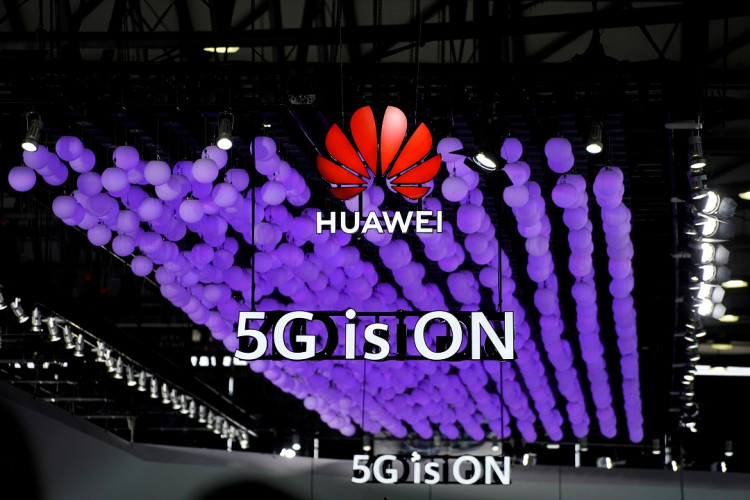While the European Union is still debating over the potential security risk involved in using Chinese-made telecommunications equipment, one of Germany's largest carriers has announced plans to move ahead with its partnership with Huawei Technologies for its 5G network rollout.
Telefonica Germany announced on Wednesday that it will be using equipment purchased from Huawei for its planned 5G network. The company's urgency to establish its 5G network highlights the global race to meet the coming demand for next-generation communications technology.
While most European countries have heeded the United States' call to ban the use of Chinese-made equipment to ensure national security, some countries have chosen to push ahead with their plans to partner with Chinese firms despite the lack of clear running from the European Union.
Earlier in the year, the German government announced that it would not exclude Chinese firms from bidding for its 5G network projects. Instead, Germany announced that it would establish strict security standards for all vendors to ensure that all equipment and services used aren't compromised in any way.
Due to its position regarding the matter, Germany and Chancellor Angela Merkel are facing added pressure from European politicians and the United States to take a stronger stance on using Huawei-made equipment.
A Telefonica Germany spokesperson mentioned this week that it will only push ahead with its partnership with Huawei when the company receives its security certification from Berlin. Apart from using Huawei's equipment, the company has reportedly also contracted Finland's Nokia to supply 5G network equipment. Telefonica Germany is current the second-largest mobile carrier in Germany. The company is owned by the Spanish firm Telefonica.
Huawei is currently the world's largest producer of telecommunications equipment and is the global leader when it comes to 5G network technology. The Chinese firm is also a major player in Europe, at least in countries that have not sided with the United States in the matter.
Despite the US' campaign to ban the use of the company's equipment abroad, Huawei's network business has proven to be quite resilient. Huawei announced in October that it has managed to close more than 60 commercial contracts worldwide.
The United States still continues to accuse Huawei of being a tool used by the Chinese government to spy on other countries. The company has repeatedly denied that its products pose a national security risk and that it is being used by the Chinese government.






